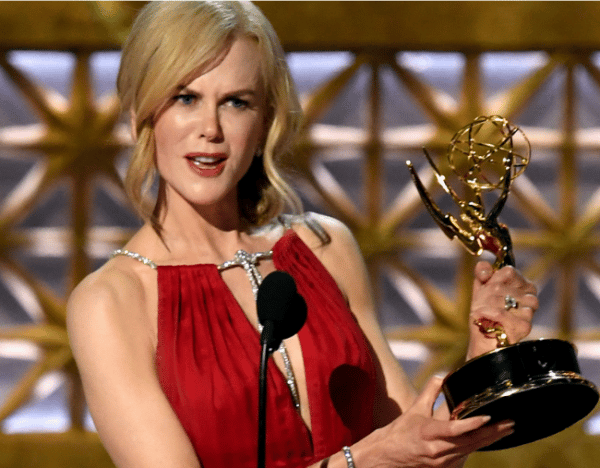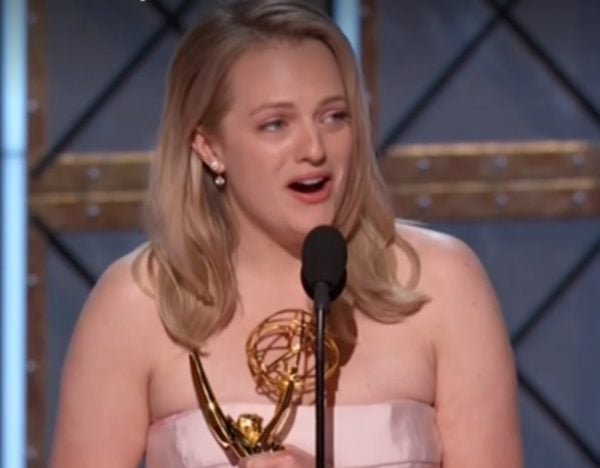If you did a shot every time a critic or commentator uttered the words “it’s an important year for women in television” yesterday, you’d be on the floor, under your desk and not at all capable of reading this article.
But despite its strong potential as a drinking game, there’s also a lot of relevance and truth in this overused statement.
The shows honored at this year’s Emmy Awards ceremony depicted and celebrated women’s stories and issues in a way that has never been done before. In fact, the list of nominated shows and performers read like a page pulled straight out of a film feminist’s dream journal.
There was Big Little Lies, an exquisitely shot drama that featured a range of strong female performances who all explored a range of topics from domestic abuse to sexual violence, parenthood, infidelity and female friendships.
Feud boasted an equally strong femalecentric cast, led by Hollywood legends Jessica Lange and Susan Sarandon, whose portrayals of Hollywood icons Joan Crawford and Bette Davis dove deep into ageism and sexism in the workplace and in pop-culture.
Listen to Laura Brodnik and Clare Stephens explain why the Emmy speeches will all sound a little bit different this year on The Binge.
Meanwhile, Veep was celebrated in the comedy category, with the female-led show scoring a historic win for leading lady Julia Louis-Dreyfus while also taking out the prize for Outstanding Comedy Series, proving once and for all with a slew of wins that the whole “women behaving badly” comedy troupe is not an anomaly or flash in the pan. It’s here to stay.



Top Comments
About bloody time.